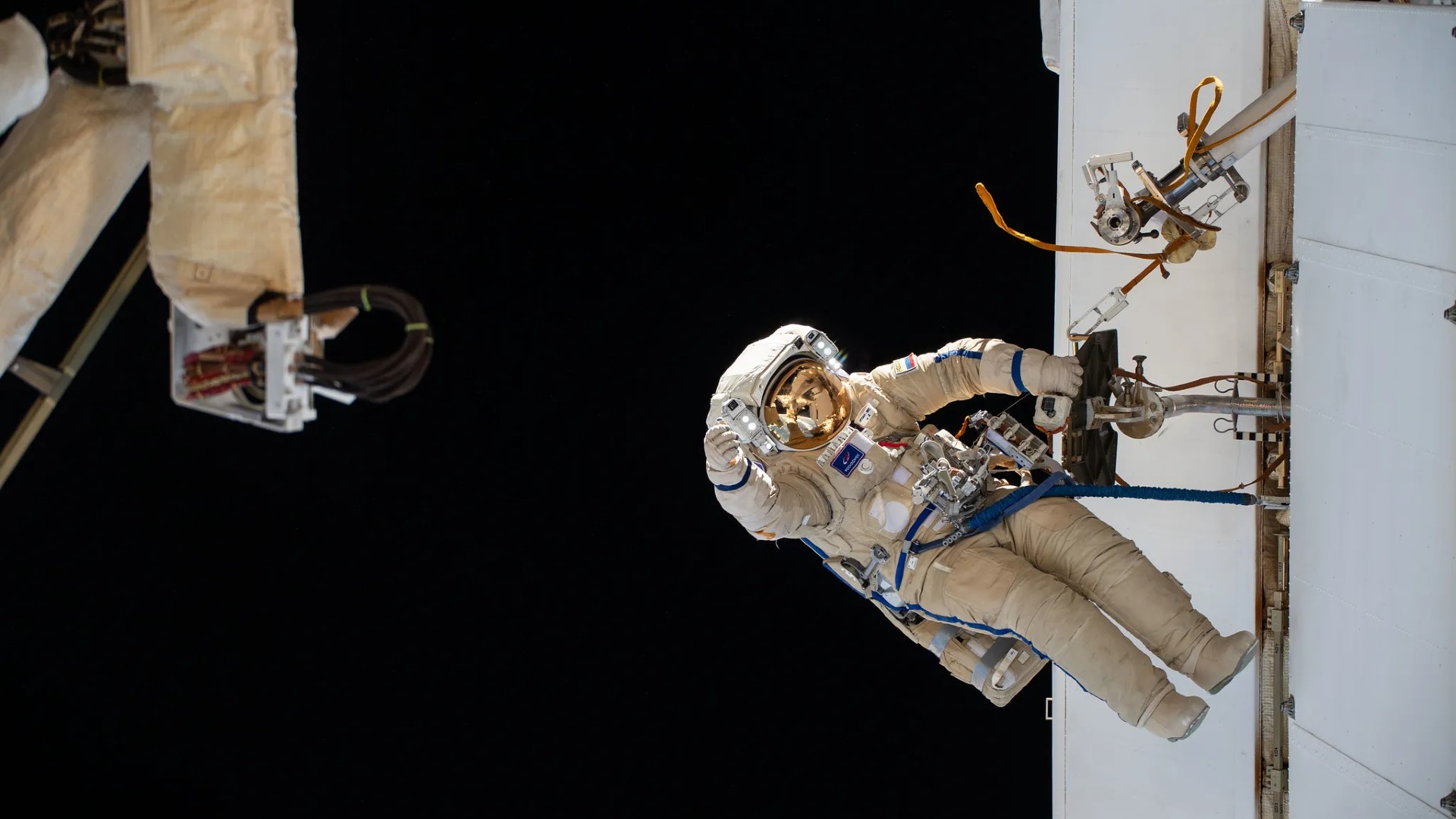Inspiration4 astronauts to conduct health research on private SpaceX mission

Breaking space news, the latest updates on rocket launches, skywatching events and more!
You are now subscribed
Your newsletter sign-up was successful
Want to add more newsletters?

Delivered daily
Daily Newsletter
Breaking space news, the latest updates on rocket launches, skywatching events and more!

Once a month
Watch This Space
Sign up to our monthly entertainment newsletter to keep up with all our coverage of the latest sci-fi and space movies, tv shows, games and books.

Once a week
Night Sky This Week
Discover this week's must-see night sky events, moon phases, and stunning astrophotos. Sign up for our skywatching newsletter and explore the universe with us!

Twice a month
Strange New Words
Space.com's Sci-Fi Reader's Club. Read a sci-fi short story every month and join a virtual community of fellow science fiction fans!
The private astronauts of Inspiration4 will be helping to expand our understanding of how space affects the human body on their mission around Earth.
On Sept. 15, a crew of four will launch to space as part of Inspiration4, a private orbital mission on SpaceX's Crew Dragon that will benefit the St. Jude Children's Research Hospital. It will be the first all-civilian space mission to orbit our planet. Aside from raising funds for St. Jude, the mission will also serve to investigate the effects of spaceflight on human health and performance in collaboration with SpaceX, the Translational Research Institute for Space Health (TRISH) at Baylor College of Medicine and investigators at Weill Cornell Medicine.
"The crew of Inspiration4 is eager to use our mission to help make a better future for those who will launch in the years and decades to come," Jared Isaacman, a billionaire tech entrepreneur who will command the mission and who chartered the flight aboard a SpaceX Crew Dragon for the mission, said in a statement.
"In all of human history, fewer than 600 humans have reached space. We are proud that our flight will help influence all those who will travel after us and look forward to seeing how this mission will help shape the beginning of a new era for space exploration," he added.
Related: Meet the contest-winning crew of Inspiration4
As part of this research, the Inspiration4 crew, which includes Isaacman, St. Jude physician's assistant Hayley Arcenaux, data engineer Chris Sembroski and geoscientist, science communicator and space artist Sian Proctor, will perform a number of experiments once in orbit around Earth.
Additionally, the teams from SpaceX, TRISH, Baylor and Cornell will collect environmental and biomedical data as well as biological samples like blood from the crew before, during and after the mission (during the mission, the crew will only collect and test blood droplets), which will launch no sooner than Sept. 15 from NASA's Kennedy Space Center on a SpaceX Falcon 9 rocket. The four-person crew onboard SpaceX's Crew Dragon spacecraft will orbit our planet for three days before returning to Earth via splashdown in the Atlantic Ocean.
Breaking space news, the latest updates on rocket launches, skywatching events and more!
Specifically, data will be collected on the crew members' ECG activity, movement, sleep, heart rate and rhythm, blood oxygen levels as well as the light and sound levels within the Crew Dragon cabin, according to the statement. The research will also monitor both behavioral and cognitive performance using an app called Cognition, organ systems using an artificial intelligence-powered ultrasound device designed for use by non-experts to assess the crew's balance and perception before and after the flight.
SpaceX is also working with the researchers at Weill Cornell Medicine to study the crew's genomes, microbiomes, telomeres (a DNA-protein structure found at the end of a chromosome) and more. Researchers at Weill Cornell Medicine, where researchers led the "NASA Twins Study," will be working to replicate many of the same protocols and experiments that were innovated for that landmark study on NASA astronaut brothers Scott Kelly and Mark Kelly. The samples collected from the mission will be cryogenically-frozen for further analysis.
Email Chelsea Gohd at cgohd@space.com or follow her on Twitter @chelsea_gohd. Follow us on Twitter @Spacedotcom and on Facebook.

Chelsea “Foxanne” Gohd joined Space.com in 2018 and is now a Senior Writer, writing about everything from climate change to planetary science and human spaceflight in both articles and on-camera in videos. With a degree in Public Health and biological sciences, Chelsea has written and worked for institutions including the American Museum of Natural History, Scientific American, Discover Magazine Blog, Astronomy Magazine and Live Science. When not writing, editing or filming something space-y, Chelsea "Foxanne" Gohd is writing music and performing as Foxanne, even launching a song to space in 2021 with Inspiration4. You can follow her on Twitter @chelsea_gohd and @foxannemusic.
